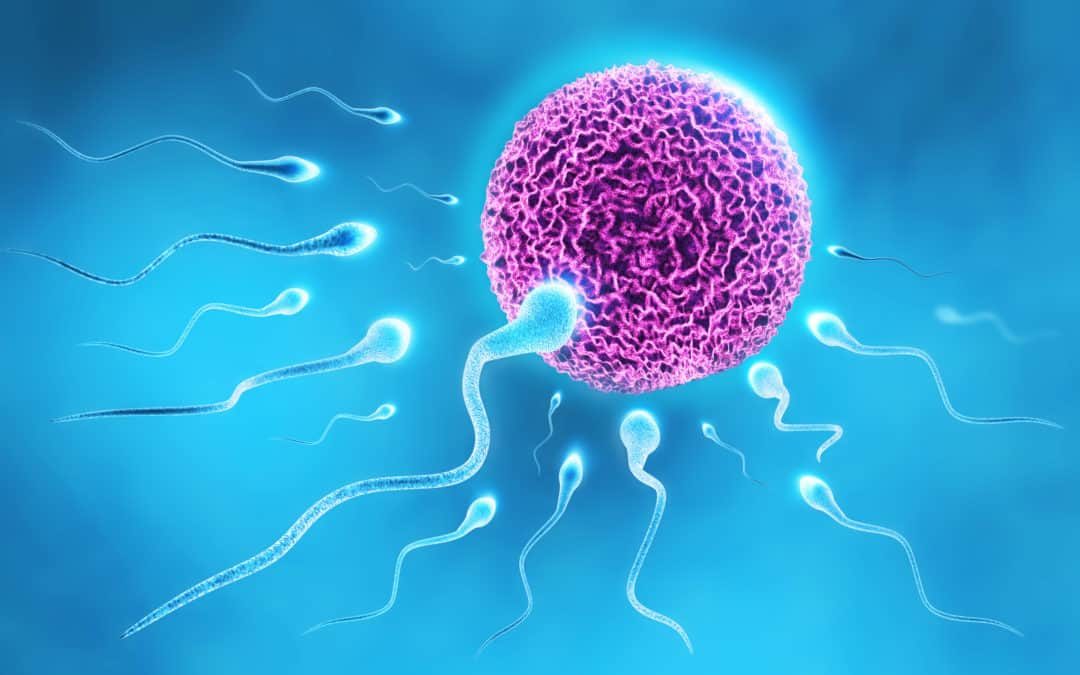Are You Ovulating? Here Are 6 Ways to Help Track it:
Tracking ovulation for optimal fertility can be tricky, frustrating and confusing. Here are some easy tips to help you determine if and when you’re ovulating.
Cervical Fluid – Stretchy, clear “egg white” cervical fluid is essential to help get sperm where it needs to be for conception to occur. Ideally a person will produce clear stretchy cervical fluid for 2-4 days before she ovulates. This cervical fluid protects the sperm and provides it with the sustenance it needs to survive. With healthy cervical fluid, sperm can live for up to 5 days in the fallopian tubes, waiting for that perfect follicle to appear. If you’re not getting at least 2-3 days of clear, stretchy cervical fluid, you may have be ab imbalance that is keeping that fluid from properly developing.
Cervical Position – The cervix changes throughout a person’s monthly cycle, and is, in my opinion, a highly underutilized tool for evaluating optimal fertility and predicting ovulation. Observing the cervix position can give you helpful clues for when you’re most fertile. For most of the month, the cervix is easily felt when a finger us gently inserted into the vagina and reached up as far as it can go. When you’re not near ovulation, the cervical position is low, it feels firm to the touch, like the tip of one’s nose, the cervical os (opening) is closed and the cervical fluid is creamy or sticky. Right before and during ovulation, however, the cervix changes in very noticeable ways. It becomes softer, like the feeling of touching puckered lips, it is higher and harder to reach, the os opens slightly, and you’ll notice more clear stretchy cervical fluid. The acronym to remember this optimal cervical positioning is “S.H.O.W.,” or “soft, high, open and wet.” Just remember, “S.H.O.W. time = go time!”
OPK – Ovulation predictor kits, or OPKs, can be helpful to determine the fertile window before you ovulate. It’s not always the most reliable indicator, however, as sometimes a surge can come early or late, or can happen so quickly that a woman may miss her ovulation and not realize it. Ideally, you’d be tracking cervical position and fluid along with using OPKs so the the most clear picture of your fertile window. Most of the time, they will align pretty well, but not always. If you’re unsure, start having sex/inseminating as soon as you get that cervical fluid and notice changes in cervical position.
BBT – Tracking your Basal Body Temperature (BBT) is another great tool for gleaning all kinds of valuable information about your cycle patterns and optimal fertility. It’s NOT ideal for predicting ovulation, however, because the temperatures rise after ovulation has occurred, when the fertile window has closed. So, it’s a wonderful tool for evaluating your cycle and for helping to confirm ovulation, but for the purposes of predicting ovulation, it’s best to observe the other patterns mentioned here as well.
Libido – For most people, libido increases around ovulation time. This is your body’s natural way of telling you that it’s “go time.” When you’re not sure, listen to your body, it is always talking to you!
Progesterone Test – A serum (blood) progesterone test is a gold standard to help determine if a person has ovulated. Again, not so useful to predict ovulation, as the test should be done 7 days after ovulation. It can be a helpful test to determine if ovulation actually occurred. Ideally, in a person who has ovulated, progesterone levels will be above 15 ng/ml 7 days past ovulation. If progesterone levels are lower than this, it may indicate that occupation did not occur or the the corpus lute is not producing enough progesterone to sustain a healthy pregnancy. Ask your acupuncturist, midwife, Re or OB/GYN to order a progesterone test for you.
If you’re not ovulating regularly, or if you’re not sure, we invite you to give us a call at 619-512-9783 or schedule an appointment online. Acupuncture and integrative medicine can help promote a healthy ovulation and a regular menstrual cycle. We’re here to help, and would love to be a part of your journey to optimal fertility.
Yours in good health,
Dr. Merritt Jones + the NHRH team



